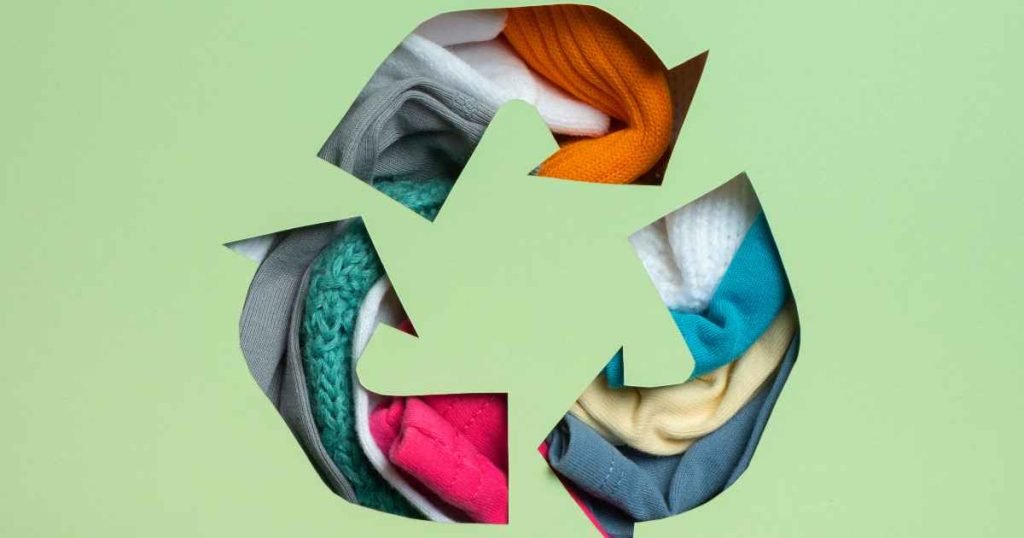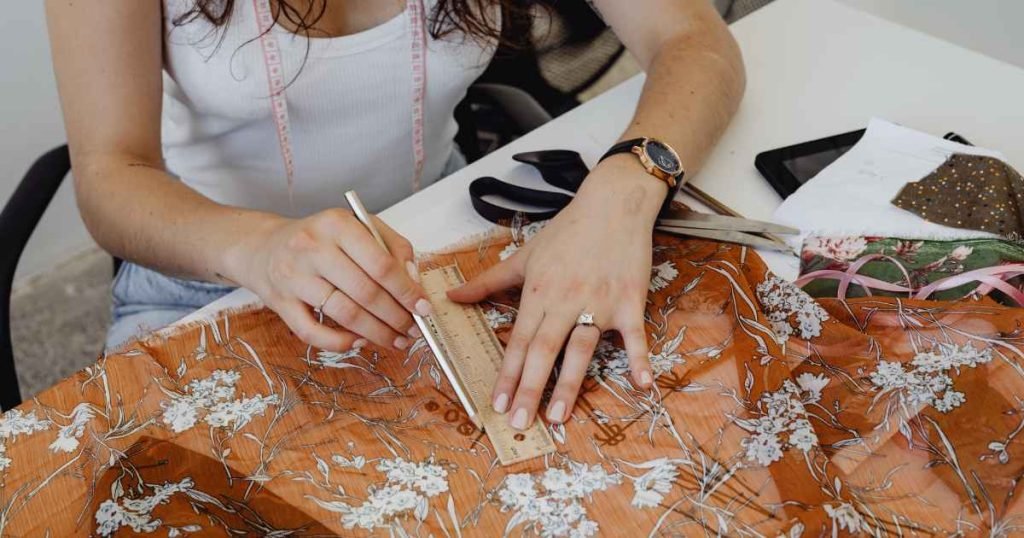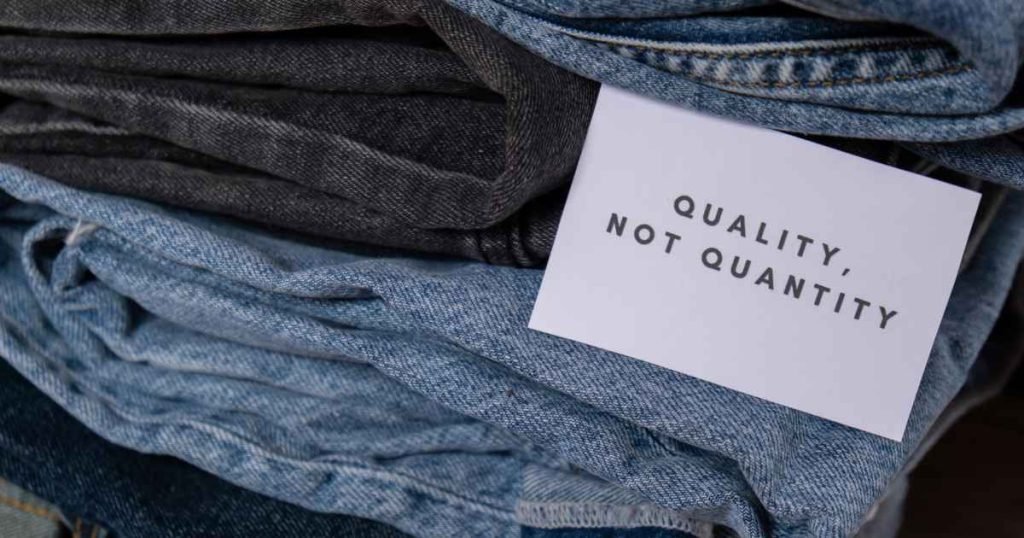Sustainable fashion trends are gaining momentum as consumers demand clothing that is not only fashionable but also environmentally and socially responsible.
Fashion brands are increasingly adopting sustainable practices, from using eco-friendly materials to promoting fair trade and ethical production methods.
Here are some of the top sustainable fashion trends that are shaping the industry today.

Slow Fashion: Quality Over Quantity
- Slow fashion is a movement that advocates for a slower and more mindful approach to fashion.
- It promotes the idea of buying fewer, but higher quality garments that are made to last, rather than constantly chasing fast fashion trends.
- Slow fashion encourages consumers to invest in timeless pieces, repair and up-cycle clothes, and avoid wasteful impulse purchases.
- By embracing slow fashion, we can reduce textile waste, save money, and support brands that prioritize sustainability and durability.

Circular Fashion: Closing the Loop
- Circular fashion is a concept that focuses on creating a closed-loop system where clothing is recycled, up-cycled, or repurposed at the end of its life cycle, instead of ending up in landfills.
- This approach aims to minimize waste and maximize the use of resources.
- Brands are implementing circular fashion practices through initiatives such as take-back programs, where old garments are collected and recycled into new ones, and by designing clothes with recyclable or biodegradable materials.
- Circular fashion promotes a more sustainable and circular economy, where garments are constantly repurposed or recycled, reducing the environmental impact of fashion.

Ethical Fashion: Fair Trade and Ethical Production
- Ethical fashion focuses on promoting fair trade and ethical production methods.
- It advocates for better wages, safe working conditions, and respect for workers’ rights in the fashion supply chain.
- Brands that follow ethical fashion practices ensure that their garments are produced in factories that prioritize fair labor practices, provide safe working conditions, and uphold human rights.
- Ethical fashion also promotes transparency, allowing consumers to know where and how their clothes are made, and supporting brands that prioritize social responsibility.

Sustainable Fabrics: Eco-Friendly Materials
- Sustainable fabrics are gaining popularity in the fashion industry as brands look for ways to reduce their environmental footprint.
- These fabrics are made from eco-friendly materials such as organic cotton, hemp, bamboo, recycled polyester, and TENCEL™, which are grown or produced using fewer chemicals, water, and energy compared to conventional fabrics.
- Sustainable fabrics are also biodegradable or recyclable, reducing their impact on the environment at the end of their life cycle.
- Brands are incorporating sustainable fabrics into their collections, offering consumers more eco-friendly clothing options.

Local and Artisanal Fashion: Supporting Local Communities
- Local and artisanal fashion focuses on supporting local communities and traditional craftsmanship.
- Brands that follow this trend source their materials locally, work with local artisans, and promote traditional craftsmanship and cultural heritage.
- This approach helps to reduce the carbon footprint associated with long-distance transportation and supports local economies.
- Local and artisanal fashion promotes unique and authentic designs, while also preserving traditional skills and cultures.
Innovative Technologies: Revolutionizing the Fashion Industry
- Innovative technologies are reshaping the fashion industry and driving sustainability.
- From 3D printing to virtual reality, technology is playing a pivotal role in transforming the fashion industry towards a more sustainable future.
- These technologies are enabling designers to create customizable garments with minimal waste, offering virtual shopping experiences that reduce the need for physical samples and events, enhancing supply chain transparency through data and AI, and merging fashion with functionality through wearable technology.

Things to Remember
- Sustainable fashion is no longer just a passing trend, but a necessary shift towards a more responsible and conscious approach to clothing.
- The fashion industry is undergoing a transformation as consumers demand transparency, accountability, and eco-friendly practices from brands.
- Slow fashion, circular fashion, ethical fashion, sustainable fabrics, local and artisanal fashion, and innovative technologies are some of the key sustainable fashion trends that are shaping the industry for the better.
- As consumers, we have the power to make a positive impact through our purchasing decisions.
- By choosing sustainable fashion, we can support brands that prioritize environmental and social responsibility, promote fair trade practices, reduce waste, and invest in local communities.
- It’s time to embrace style with consciousness and make a shift towards a more sustainable and ethical fashion industry.
Conclusion
In conclusion, sustainable fashion is not just a fleeting trend, but a movement towards a more sustainable and responsible future for the fashion industry.
By adopting sustainable fashion practices and supporting brands that prioritize sustainability, we can contribute to a more equitable, eco-friendly, and socially-conscious fashion industry that benefits both people and the planet.
Let’s make sustainable fashion the new norm and be mindful of our fashion choices for a better and brighter future.




